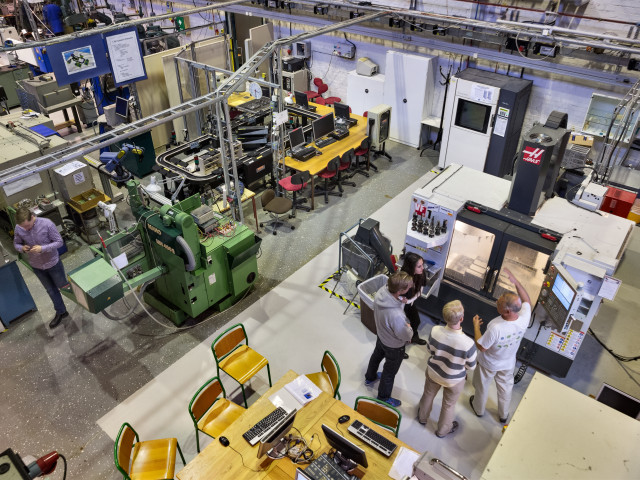Lectures and seminars with theory and practical examples about:
•Central terms and concepts related to business economics, work environment economics and personnel economics
•Work environment economics in practice, workforce analytics, key performance indicators
•Work environment as a production factor, and the effects on operational productivity, efficiency and quality
•The consultative professional; reflecting and arguing for effects of ergonomics from a systems perspective
Project work where a workplace, task or work system is analysed to identify a problem and propose a suitable solution, based on relevant theory and best practice.
The overall course aim is for the students to understand the relation between a good work environment and an organisation's operational and financial performance and results, and how good working conditions can contribute towards employee performance, health and well-being and to sustainability.
After the course, each student shall be able to:
1.In their own words, describe and exemplify central terms and concepts of work environment economics and personnel economics
2.Describe and reflect over methods and models used for analysing the effects of the work environment on an organisation's performance and results.
3.Critically review and assess factors that affects an organisation’s results, and propose and argue for changes and interventions from a financial perspective, based on scientific literature and to reflect upon them from a Human-Technology-Organisation (HTO) perspective.
4.Summarise and present their findings, both orally and in writing, and study, judge and exchange feedback on the project work in a structured way, and reflect on their own development and learning process.
